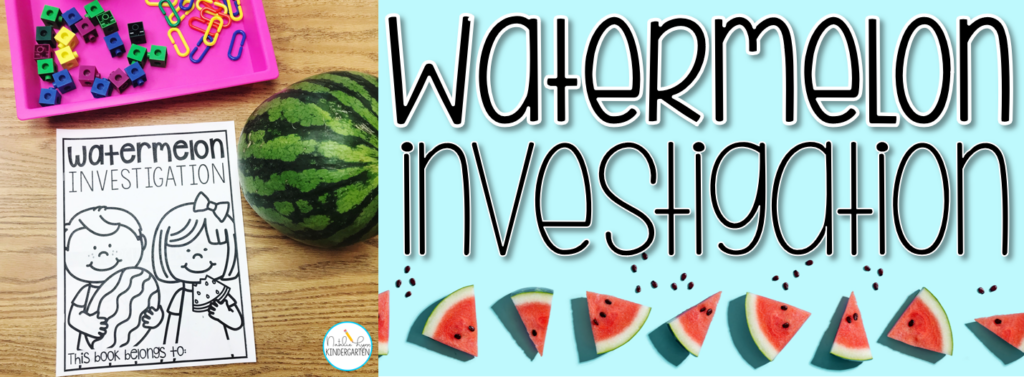
I don’t know about your students, but it seems like the moment May hit, mine suddenly lost all ability to stay still for even a single minute… and we go to school until June! So instead of completely losing my mind, I decided to go with the flow and create a hands on watermelon day investigation!
Since this fit perfectly into our study of life cycles, we started by spending the first part of the week researching watermelons using my Watermelon Unit! We wrote about watermelons, labeled watermelons, and sequenced the watermelon life cycle.
There was even one day when I decided to throw out my afternoon plans (spring fever was hitting us HARD that day) and we made this last minute watermelon craft too! I just printed more of the life cycle steps from our life cycle craft to make it “science.”
Otherwise, it was all student created! They drew a triangle and ripped small pieces of paper to make their watermelon slice!
This was all leading up to our big Watermelon Day Investigation! I had plans to buy enough watermelons for each table to have one for this day, but that didn’t pan out. Instead, I bought one small seedless watermelon and then I had a helper take small groups in the morning to complete all the measurement activities together.
In the afternoon, I had all the kids sit in a circle at the carpet and I repeated the measurement activities whole group. We compared what we got at the carpet to what the students measured as groups in the morning and used that information to fill out our watermelon investigation books together.
We also did the sink or float experiment for the first time – the students did not do this in the morning.
Since I bought a seedless watermelon, we didn’t count the seeds on the inside (although we totally could have counted the white seeds).
We then completed our melon taste test! We tried out watermelon, cantaloupe, and honeydew and then graphed our favorites!
We had so much fun with this investigation! If you’re wanting to try a watermelon day with your class, you can find all of these activities and more in this unit:

You can also pin this post for next year:

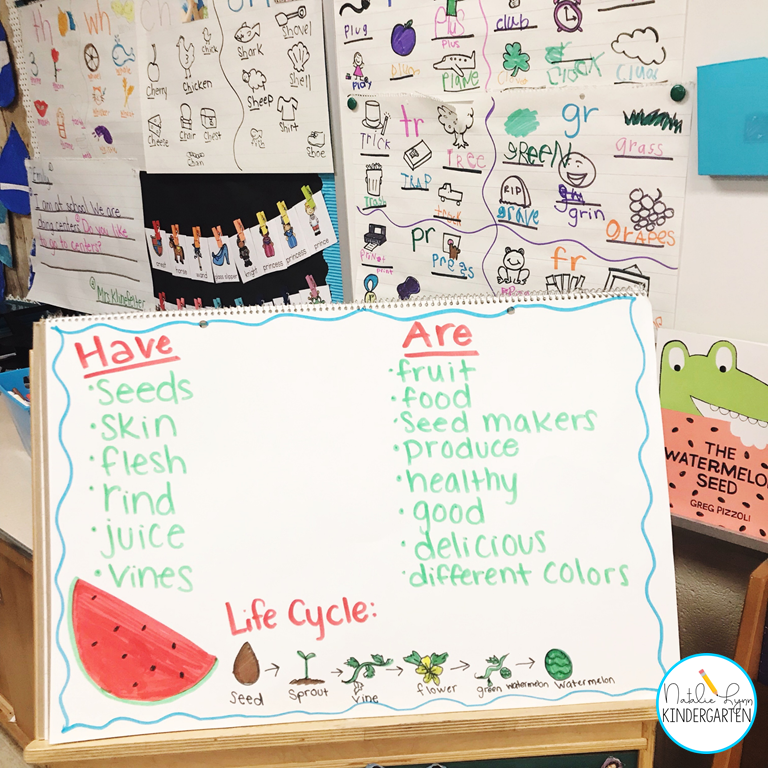
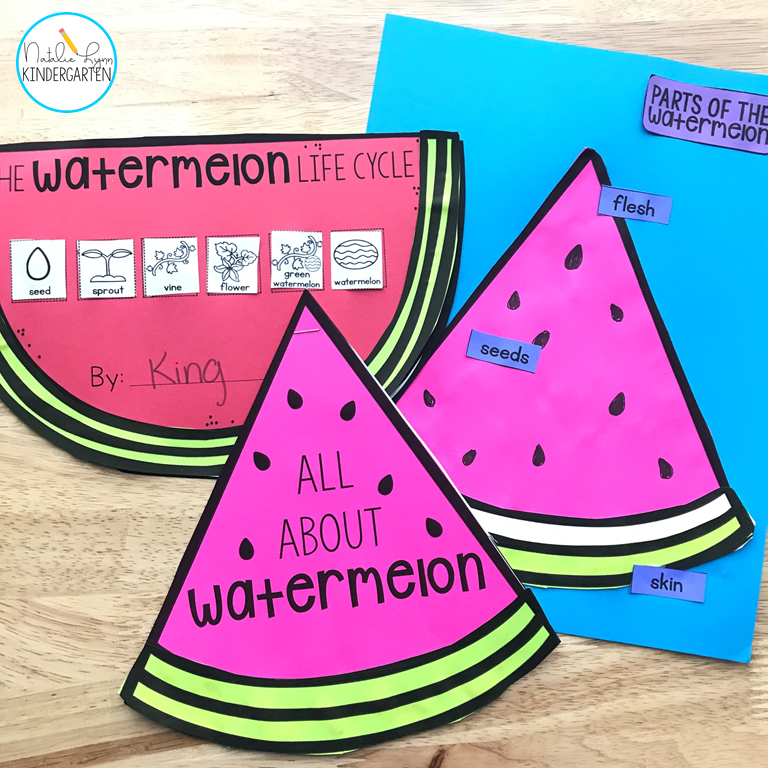
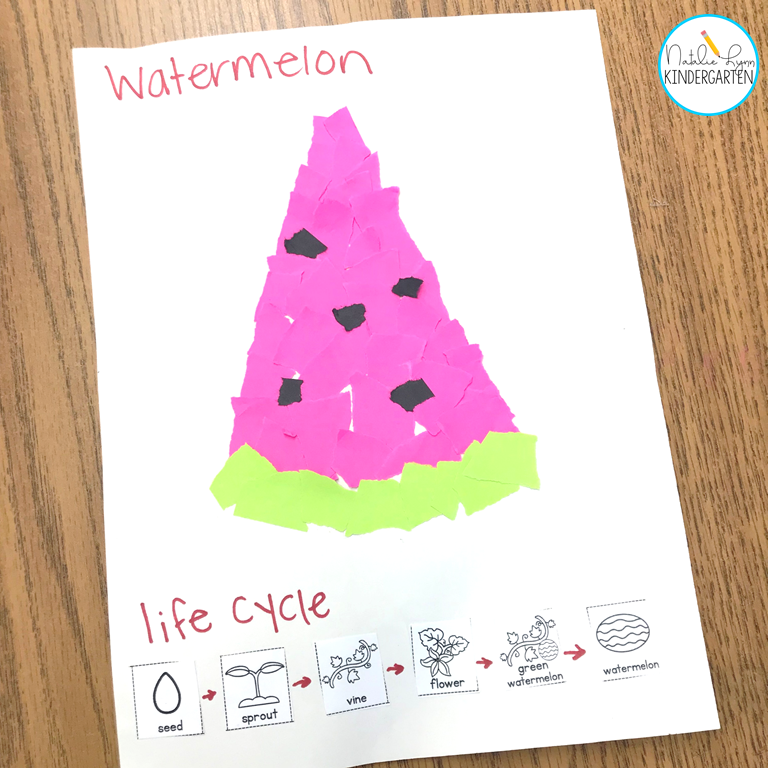
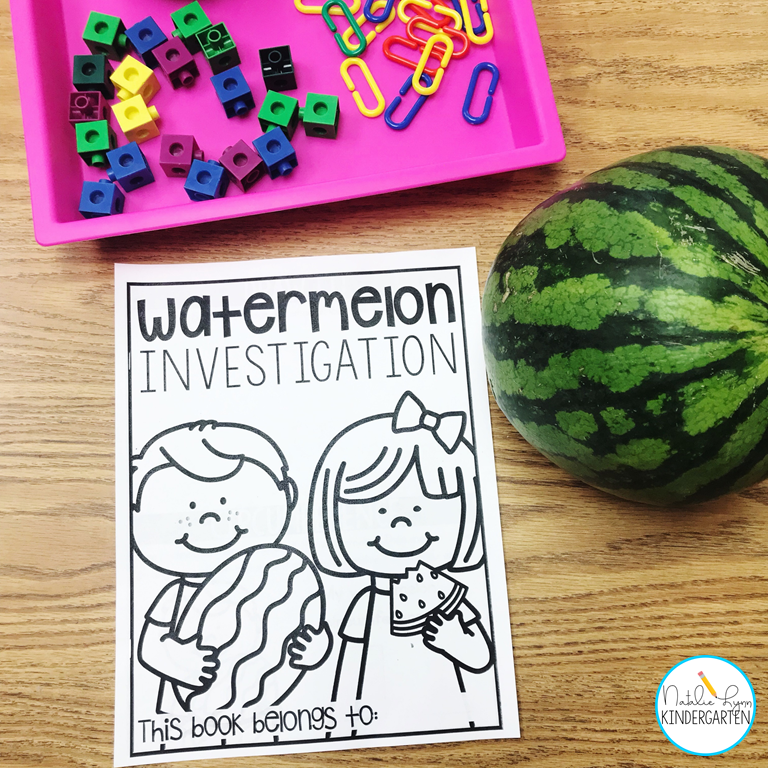
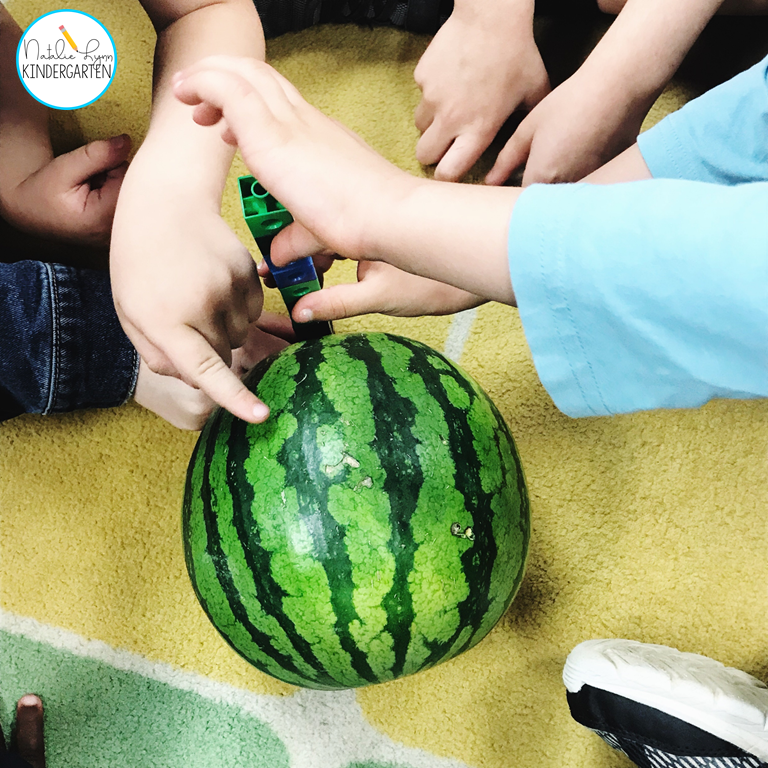
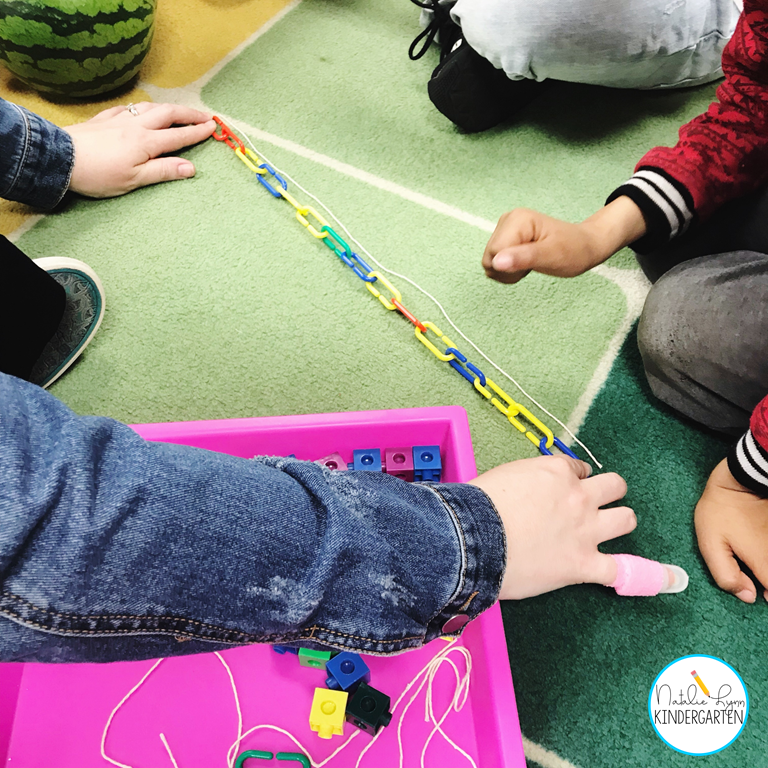
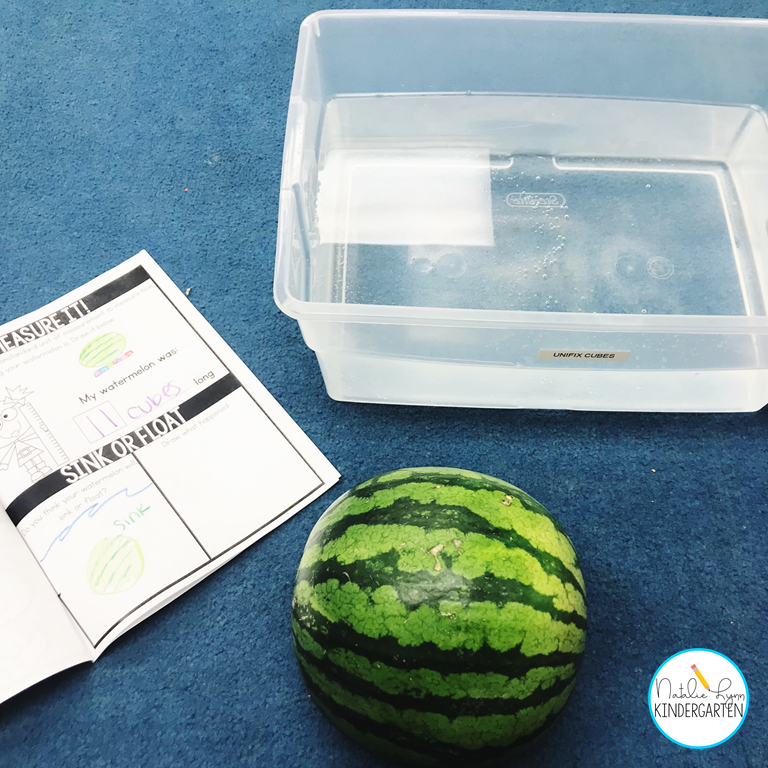
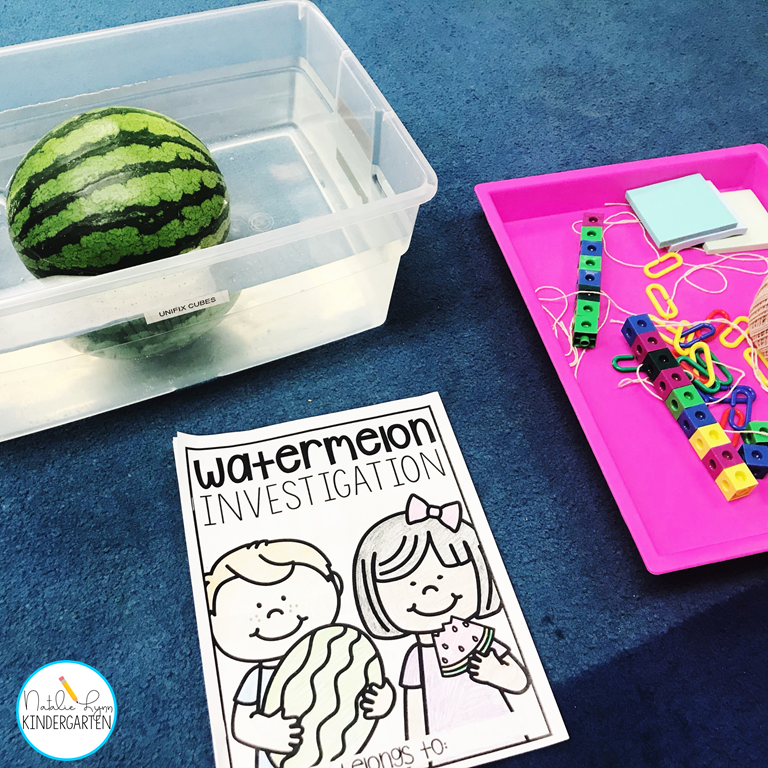

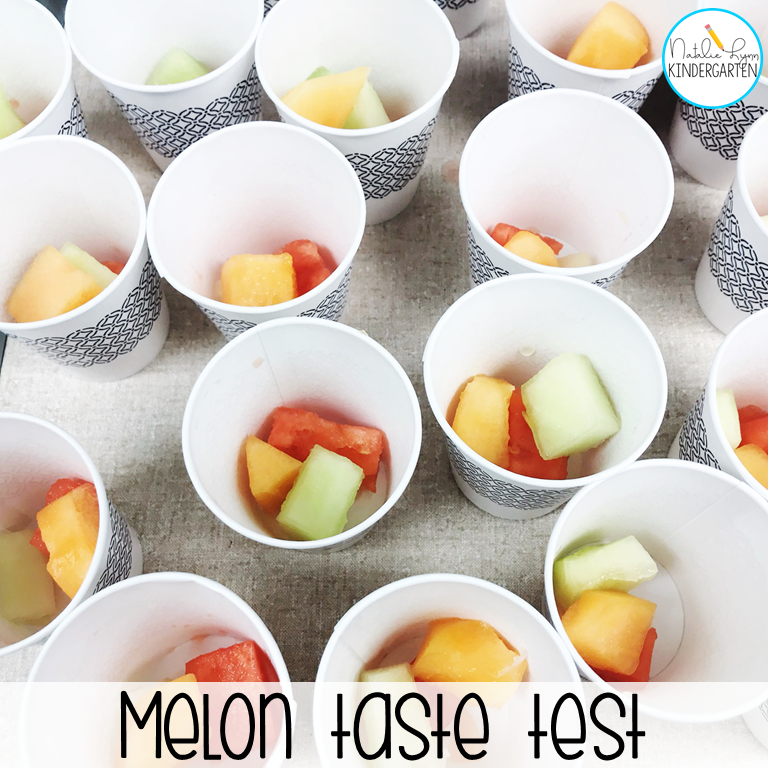
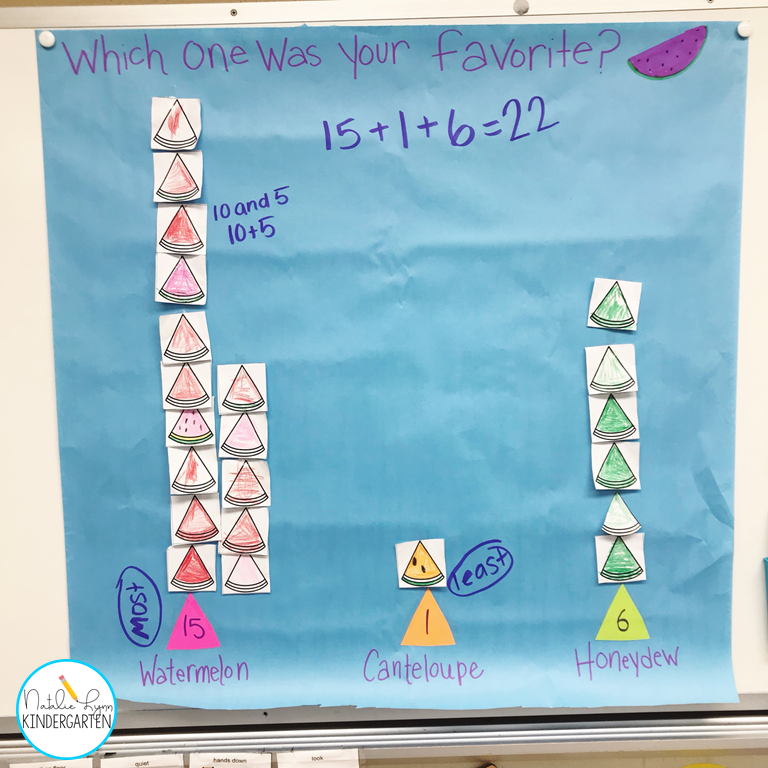


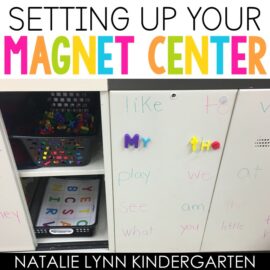

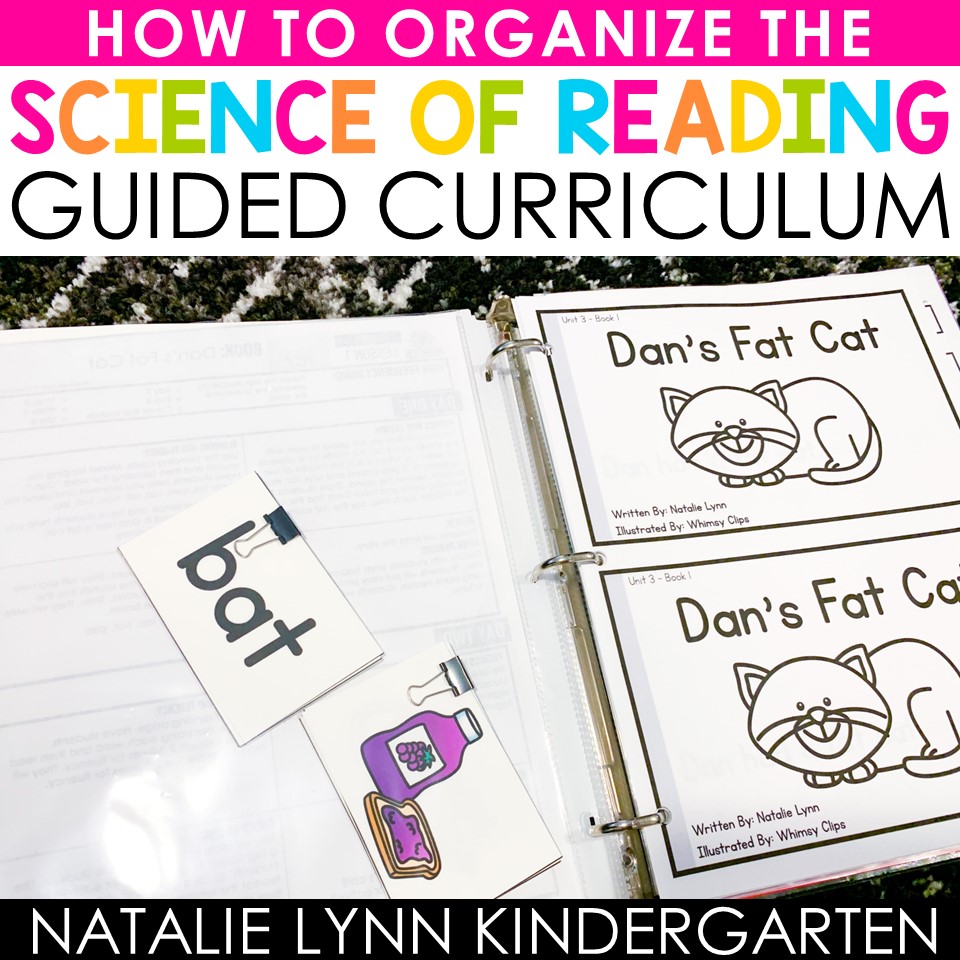
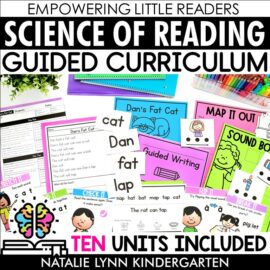
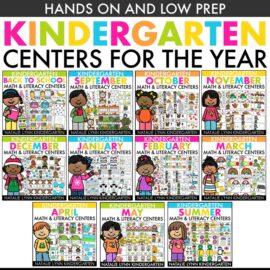
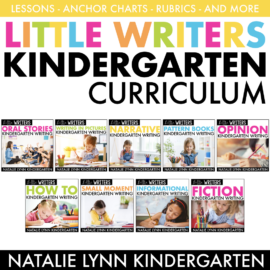
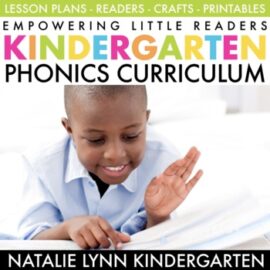
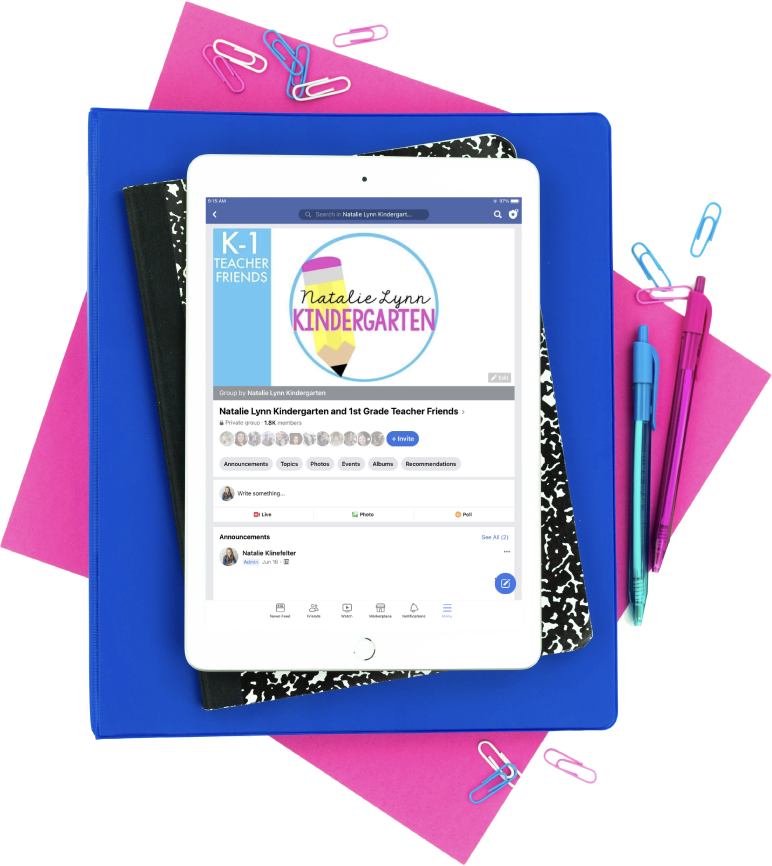

This will be wonderful science to start my year next August.
Thank you for sharing.